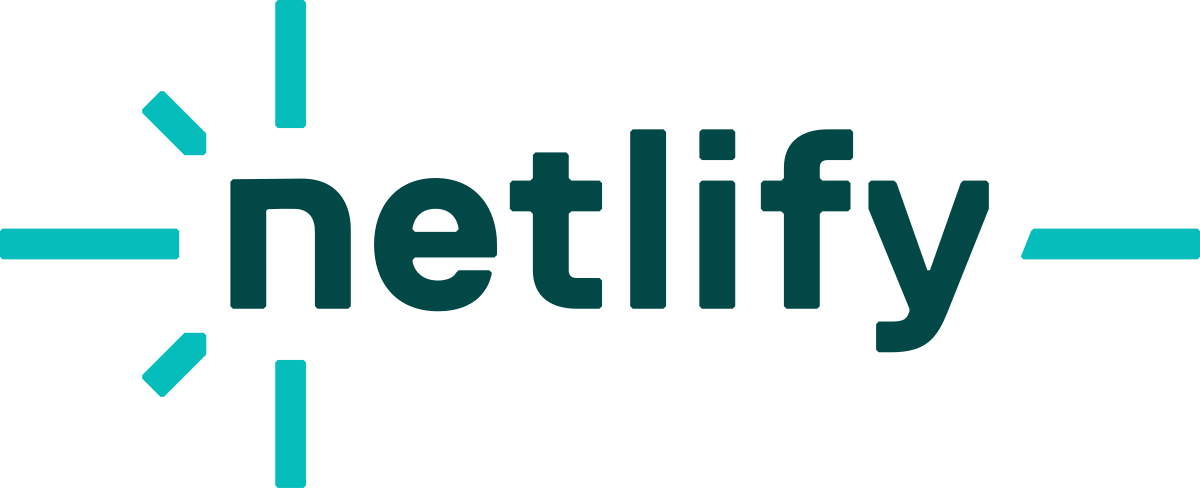What web development tricks should today’s marketers know about to drive impact through their product and brand websites? Dorian Kendal, CMO at Netlify weighs in:
_____________
Welcome to this MarTech Series chat, Dorian, tell us about yourself and more about Netlify, what inspired the platform?
My name’s Dorian Kendal, and I’m the CMO of Netlify. Prior to my current role, I held multiple roles including the VP of Publishing at Unity, where I launched the company’s subscription business and oversaw the onboarding and retention program.
In a nutshell, Netlify is a web development platform that empowers developers and enterprises to build fast, dynamic, and customizable websites, e-commerce stores, and web applications. The company was founded by my colleagues, CEO Matt Biilmann and CSO Chris Bach, who saw an opportunity for businesses to move away from restrictive, monolithic web architecture to a modern, composable web architecture that is open and accessible. With this accessibility, organizations can stay agile and anticipate customers’ digital and marketing needs.
As CMO of Netlify, my goal is to help advance Netlify’s vision of a better web and broaden awareness of Netlify as a solution that both developers and non-developers alike can use to improve their web experiences.
Why in your view is it crucial to democratize web development today?
We’re living in a world where websites have become the front door of business-to-consumer interaction, which means that acquiring and retaining customers hinges on web presence. Gone are the days of delegating web development to developer and engineering teams with deep technical expertise, or buying monolithic web architecture out of the box. Today, non-technical leaders, like marketers, need to have an active role in building, deploying, and evolving web architecture.
Both marketers on the frontend and developers on the backend benefit from the democratization of web development. Marketers gain a better understanding of and more control over their brand’s online customer experience, while developers have more time and resources to spend on innovation, rather than maintenance.
Can you talk about recent web development trends and what modern developers need to be following more of?
Composable web architecture should definitely be top of mind for anyone looking to invest in their web experiences — not just on the developer end, but for marketers as well. Analysts predict that, by 2026, the Top 20 cloud and SaaS leaders will shift their software from monolith to composable architecture. For context, composable architecture is when frontend and backend servers are decoupled, which allows for different modules to be continuously scalable and replaceable as needed, creating a web experience that’s more agile and customizable.
The primary reason enterprise leaders are migrating to composable architecture is that innovation is increasingly modular. Exciting applications are coming out at a rapid pace, and provide unique capabilities. However, trying to implement these applications using rigid monoliths typically just doesn’t work. Opting into a “one-size-fits-all” web architecture does not provide the tailor-fit solutions today’s businesses need, while the components of composable architecture can be swapped or scaled to meet any challenge. With an adaptable infrastructure, developers can incorporate the latest technologies, and marketers can stay ahead of customers’ ever-shifting digital expectations.
Marketing Technology News: MarTech Interview with Anwar Mai, Director, Product Management at ZoomInfo
How can brands use better training initiatives to empower their marketing and backend web ops teams with web development skills?
Joint training helps break down silos between marketing and developer teams, resulting in improved communication, productivity, and collaboration internally, and ultimately business impact and improved customer experience externally.
At Netlify, we invest heavily into not only outside training but also knowledge sharing across our teams. Netlify is full of subject matter experts in skills spanning across web development. For example, our web engineers regularly train marketers on how to create landing pages, and to modify them as circumstances dictate. Our goal is to have a self-serve model where developer resources are not needed to make frontend website visual changes, and this approach serves us very well. We have found that it is not only the most efficient and effective way to train members of the team, but it also helps to build relationships and trust.
What can brands and media companies do to close the gaps in web development processes to meet changing reader needs?
To put it simply, embrace composable architecture. When it comes to meeting changing customer needs, the agility and flexibility composable web architecture provides is key.
Often, brands and marketing teams are resigned to using monolithic frameworks that are expensive, clunky, and out of date. Brands can close the gap in web development by embracing composable web architecture and migrating tech stacks away from monolithic structures.
Composable web architecture helps brands meet their customers wherever they are in their journey, leaving plenty of room to adjust and experiment to make sure each experience remains personalized and seamless.
Can you comment on the growing use of AI in this space and thoughts around AI and the future of adtech / martech?
In conversations with other marketing leaders, I often hear concerns that AI will replace marketing roles. Some believe that original marketing content like emails, landing pages, and other collateral will become fully AI-generated. However, I believe that AI will play an invaluable supportive role, rather than replace, the marketing toolkit. Marketers will leverage AI to review and improve upon the collateral that their teams create, and to help companies improve their visibility by optimizing SEO in ways a human simply cannot.
As for martech, I believe AI will also have a great impact. Incorporating AI into software solutions will provide us with an expanded library of insights upon which to take action, and at an incredible speed. Decisions will be made faster as a result of the information that AI-driven martech solutions will provide. As with collateral, these will be a great complement to the work and success of a marketing team.
Marketing Technology News: The Art Of Generosity: Why Brands Thrive By Giving, Not Taking

Netlify is a leading platform in modern composable web development, connecting developer tools and workflows to build and run websites, ecommerce stores, and applications. Netlify is the top choice for millions of developers and enterprise leaders for crafting dynamic and flexible web presences using composable web architecture. By providing the roadmap towards composable, Netlify boosts developer productivity and drives business outcomes.
As Chief Marketing Officer at Netlify, Dorian Kendal is responsible for driving brand awareness and growth. Dorian has a passion for building high-performing teams and driving growth through innovative marketing strategies. He has held leadership positions at several high-profile companies, including Trulia (acquired by Zillow), Google, and Unity where he launched the company’s subscription business and oversaw onboarding and retention. Dorian has also guided numerous high-profile clients, including Twitter, and Meta, through his consulting business.
Missed The Latest Episode of The SalesStar Podcast? Have a quick listen here!
Episode 185: Sales Improvements That Can Help B2B Teams Boost Growth with Jason Fitzgerald, SVP, Solution Network at OneStream Software
Episode 184: Al and Its Influence on Marketing: with Adri Gil Miner, CMO of Iterable
Episode 183: B2B Technology Sales Dynamics with Jason Smith, Senior Sales Engineer at CallTrackingMetrics











